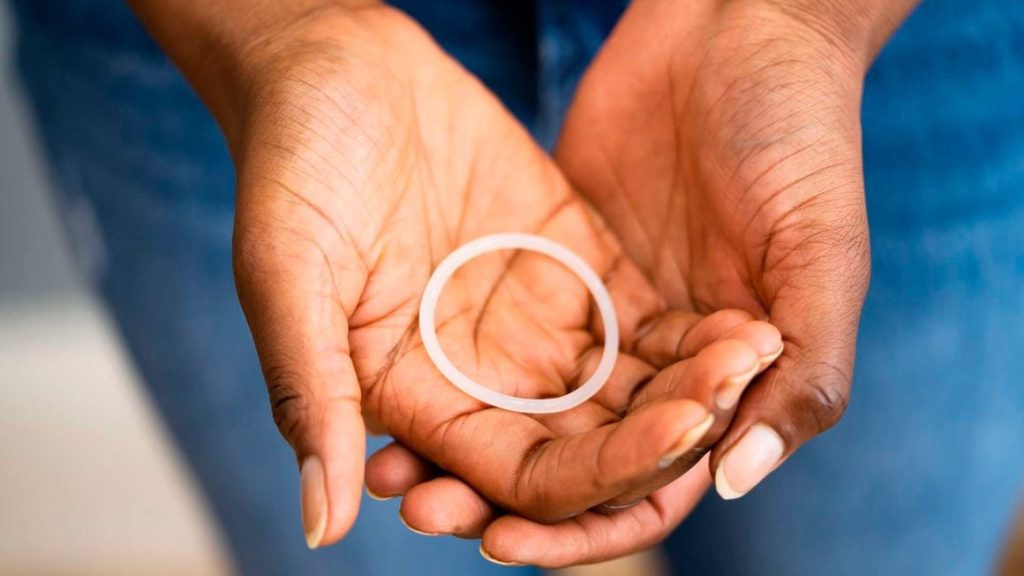Women across Eastern and Southern Africa will soon gain access to a new tool for HIV prevention: the dapivirine vaginal ring, commonly known as the DapiRing. This long-acting HIV pre-exposure prophylaxis (PrEP) option has been approved for use in 11 countries, including Kenya, Uganda, and Rwanda, where HIV disproportionately affects women and girls over the age of 15. In these nations, they account for over 60% of the population living with the virus.
The DapiRing is a small, flexible silicone ring inserted into the vagina, providing continuous and discreet protection against HIV during vaginal sex. It works by slowly releasing the antiretroviral drug dapivirine over the course of a month, helping prevent HIV transmission without requiring cooperation from male partners. Once in place, the ring only needs to be replaced monthly, making it a low-maintenance option for women seeking protection from the virus.
“The PrEP ring offers women and girls a discreet method of protection that is entirely within their control,” said Miles Kemplay, Executive Director of Sexual and Reproductive Health and Rights at the Children’s Investment Fund Foundation (CIFF). CIFF has partnered with the Global Fund to make 150,000 rings available as part of a $2 million initiative to improve accessibility.
The ring, manufactured by Sever Pharma Solutions in Sweden for the Population Council, represents a significant advancement in HIV prevention, particularly in sub-Saharan Africa. In this region, women account for nearly 60% of new HIV infections. A next-generation version of the ring, which offers protection for three months, is also expected to undergo regulatory review soon, promising even greater convenience.
Since 2021, the World Health Organization (WHO) has recommended the PrEP ring as an additional option for women at high risk of HIV infection, alongside other preventive measures. Regulatory authorities in several African countries, including South Africa, Zimbabwe, and Zambia, have approved the ring, with more countries currently reviewing it.
The Global Fund has already facilitated the procurement of the PrEP ring in countries like Uganda, South Africa, and Ghana. This initiative aims to introduce the ring more widely by October, paving the way for broader market adoption and helping drive down the cost. The one-month PrEP ring currently costs $12.8, but plans for a three-month version, expected to cost less than $16, are in progress. This would mark a significant reduction in price, making the ring more accessible to women in need.
HIV continues to be a major global health challenge, with 39.9 million people living with the virus worldwide. In 2022 alone, 1.3 million new HIV cases were recorded. Despite progress in reducing infections and improving treatment access in sub-Saharan Africa, women and adolescent girls remain especially vulnerable due to factors like gender inequality and limited healthcare access.
Peter Sands, Executive Director of the Global Fund, emphasized the impact the ring could have, stating, “Girls and women have expressed their desire for the PrEP ring, and we believe this new tool can revolutionize HIV prevention.”
The initiative, supported by up to $2 million in funding over 2024-2025, is expected to facilitate widespread distribution of the rings. Yvette Raphael, Executive Director of Advocacy for Prevention of HIV and AIDS in South Africa, described the ring as a “powerful and revolutionary tool,” offering women and girls another essential option for HIV prevention.




















